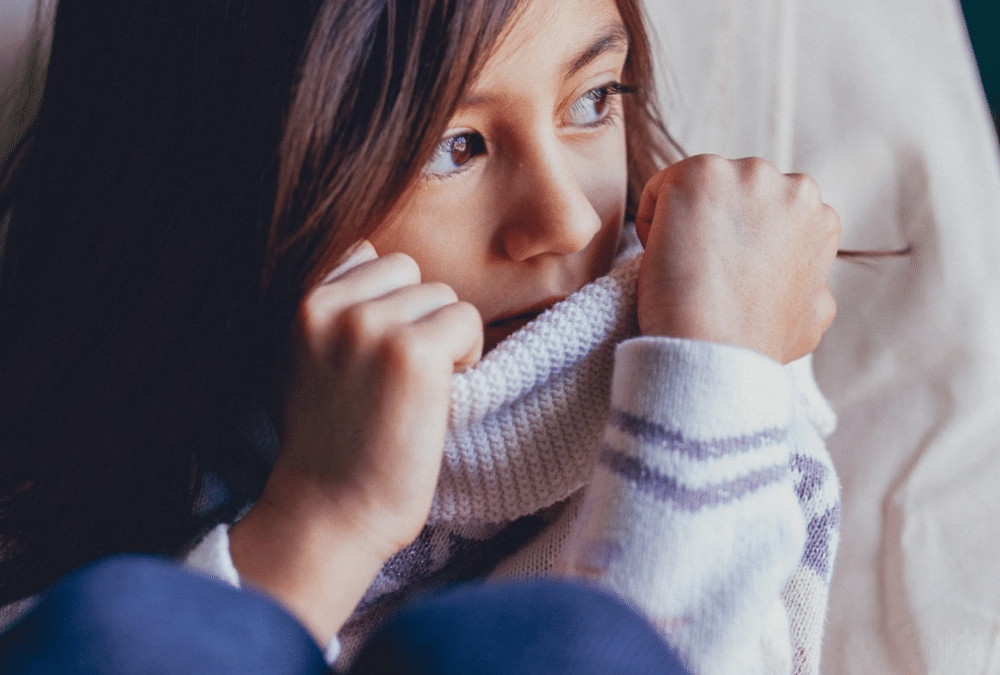In last week’s video blog we discussed Childhood Trauma and the effects it has on children. Both in terms of physical and mental health. This week I wanted to chat to you about Secondary Trauma.
What is Secondary Trauma?
Let’s perhaps start by first defining primary trauma. Primary trauma is what happens when children directly experience a traumatic event. Secondary trauma is trauma that children experience by hearing about such an event or seeing images of traumatic events in the media.
The hidden nature of Secondary Trauma:
We don’t always realise the impact of what children overhear or see. In my experience secondary trauma is more a hidden kind of trauma – and it is exactly in this that the danger lies!
You may be discussing an upsetting event with an adult friend – perhaps in your own attempt to process what happened – and unbeknownst to you, your child may be overhearing the conversation from the next room. Children often find the content of traumatic stories more upsetting because they do not have the ability to process it. Nor to put it into context. Unfortunately, due to the sensationalistic nature of most media channels your child might be exposed to news and images that are highly upsetting.
What can you do about Secondary Trauma?
- Be extra vigilant about what your children are exposed to.
- Don’t dismiss signs of trauma just because you know your child hasn’t experienced a direct trauma themselves.
- Have open and honest discussions with them about their fears. Even if it seems irrational to you.
- Assure them that you are going to do everything in your power to keep them safe.
- Create a warm and supportive relationship with your children.
- Consider taking them for play therapy
A note for Carers and Peadiatric Professionals:
Many of you watching this video may be professionals working with children. As teachers, social workers, doctors, therapist, etc. we are often exposed to some pretty horrific stories of what children have had to go through. It is important to know that secondary trauma can affect you too! So be sure to take care of your own mental health as well.
Check out our Facebook and Instagram pages for regular updates and free parenting tips.

